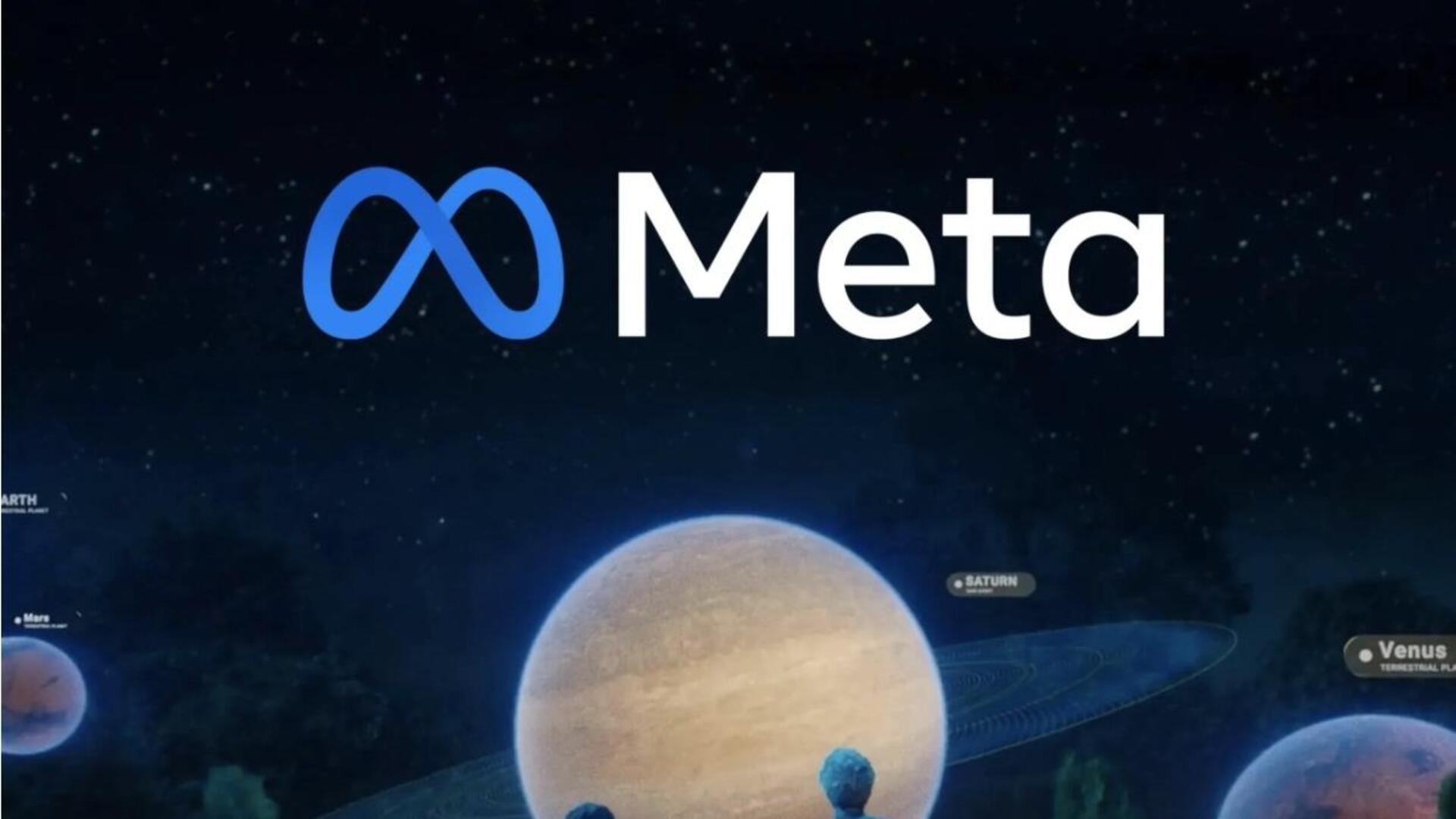Meta restricts generative AI ad tools for political campaigns
What's the story
Meta, Facebook's parent company, has decided to prohibit political campaigns and advertisers from utilizing its upcoming generative AI advertising tools, according to Reuters.
This move is in response to concerns that such tools could contribute to the spread of false information during elections.
Meta announced this policy change in its help center, explaining that it seeks to comprehend potential risks and establish suitable protections for using generative AI in ads, related to sensitive subjects in regulated industries.
Details
What are generative AI ad tools?
Generative AI ad tools, which Meta intends to launch worldwide by next year, will enable advertisers to generate backgrounds, modify images, and create ad copy variations based on simple text prompts. Initially, only few advertisers will have access.
This development comes as technology companies compete to introduce generative AI ad products and virtual assistants, following the success of OpenAI's ChatGPT chatbot.
Meta's stance on political ads represents one of the most significant AI policy decisions in the industry thus far.
More
Google's approach to political ads
Google, a leading digital advertising company has also introduced generative AI ad tools that customize images.
In order to keep politics out of its products, Google plans to prevent a list of "political keywords" from being used as prompts.
Moreover, a policy update in mid-November will mandate that election-related ads featuring synthetic content depicting real or realistic-looking people or events include a disclosure.
Likewise, companies like TikTok and Snapchat prohibit political ads, while X hasn't introduced AI ad tools yet.
Insights
Meta's commitment to AI-generated content safeguards
Last month, Nick Clegg, Meta's chief policy executive, recognized the need for updated regulations regarding generative AI in political advertising.
He called on governments and tech companies to brace themselves for the potential impact of this technology on future elections.
Meta pledged to create a system for watermarking AI-generated content and currently prohibits misleading AI-generated videos, except for parody/satire.
The company's independent Oversight Board is reviewing this approach, including a case involving a manipulated video of US President Joe Biden.
